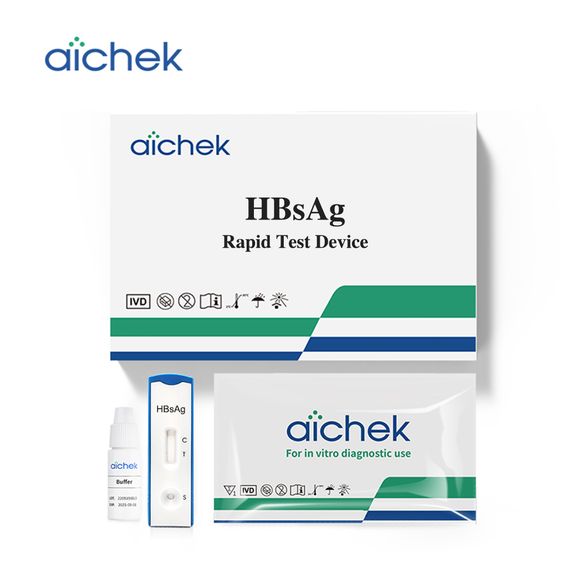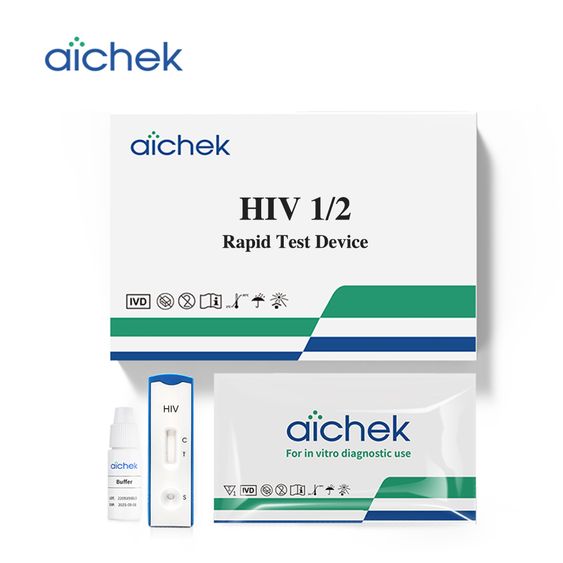
Get A Quote
HCV, HIV, and HBV Rapid Test Diagnosis is as Accurate as Conventional Lab Tests
Point of care rapid diagnostic tests (POC-RDT) for Hepatitis C virus (HCV), Human Immunodeficiency virus (HIV), and Hepatitis B virus (HBV) play a crucial role in non-clinical outreach settings, providing immediate results and facilitating diagnosis for high-risk populations. These tests are particularly important for vulnerable groups such as drug users, migrants, and homeless individuals, who may face challenges accessing traditional healthcare facilities. This study aimed to compare the accuracy of POC-RDT with laboratory conventional tests to assess the feasibility and effectiveness of using rapid tests in outreach settings. Get ready for some eye-opening insights!
Comparing POC-RDT with Laboratory Conventional Tests: A Comprehensive Study
The study involved 301 vulnerable individuals who were recruited at a mobile screening unit in outreach settings in Madrid. These individuals represented high-risk populations that might have limited access to healthcare. Fingerprick whole blood capillary samples were collected and tested using three different POC-RDTs: SD BIOLINE HCV for HCV, Determine HIV Early Detect for HIV, and Determine HBsAg 2 for HBV. The results were then compared with the reference assays, namely LIAISON XL HCV, HIV and Murex-HBsAg-Quant, used in laboratory conventional tests.

Reliable Results from POC-RDTs
The results of the study demonstrated high sensitivity and specificity for the POC-RDTs. For HCV, the SD-BIOLINE-HCV test showed a resolved sensitivity of 98.8% and a resolved specificity of 100.0%. Similarly, the Determine HIV Early Detect test exhibited 100% sensitivity and 100% specificity. For HBV, the Determine HBsAg 2 test achieved a resolved sensitivity of 66.7% and a resolved specificity of 100.0%. Although the number of subjects with confirmed positive results for HBsAg was relatively low, the test demonstrated 100% sensitivity for standard concentrations of 0.125 IU/mL or higher.

User Satisfaction and Feasibility
Apart from accuracy, user satisfaction and feasibility were also evaluated through a questionnaire. The feedback from the subjects was overwhelmingly positive, indicating that the POC-RDT fingerprick blood collection method was well-received. This aspect is crucial, as it ensures that the testing process is non-invasive and comfortable for the individuals being screened.
Comparable Clinical Performance in Outreach Settings
The study findings suggest that POC-RDTs hold tremendous promise in outreach settings and among vulnerable high-risk populations. With their high accuracy and ease of use, these rapid tests can significantly improve access to early diagnosis and timely treatment for infectious diseases like HCV, HIV, and HBV.
Aichek: A Leading Manufacturer of POC-RDTs
For distributors seeking reliable Point of care rapid diagnostic tests (POC-RDTs) to serve the needs of high-risk populations, Aichek stands as a leading manufacturer in the field. With a focus on quality, accuracy, and user-friendliness, Aichek's products have been clinically validated and demonstrated excellent performance in various settings. Partnering with Aichek allows distributors to provide essential healthcare solutions that contribute to improved public health outcomes.
Conclusion
The study confirms that POC-RDTs for HCV, HIV, and HBV are as accurate as conventional lab tests, making them a valuable tool for diagnosing infectious diseases in non-clinical outreach settings. The high sensitivity and specificity of these tests, coupled with positive user feedback, reinforce their effectiveness and feasibility in screening vulnerable populations. Distributors can confidently choose Aichek as their preferred manufacturer for POC-RDTs, ensuring they deliver top-quality products that contribute to better healthcare accessibility and outcomes for high-risk individuals. As the demand for rapid diagnostic tests grows, our commitment to innovation and quality positions them at the forefront of the healthcare industry, providing essential support to healthcare providers and organizations worldwide.


